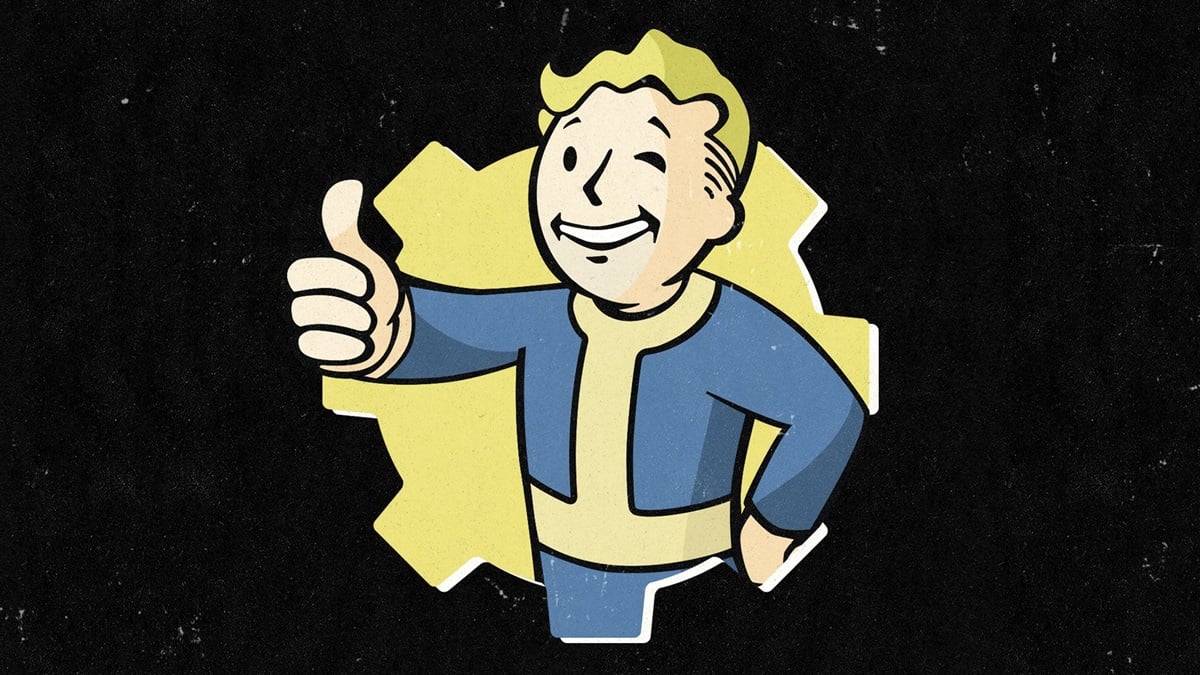Could rewarding players for playing your game make them appreciate the game less, and play worse? Chris Hecker doesn’t know for sure, but his talk, “Achievements Considered Harmful?,” explored the possibility.
I’ve tried my best to summarize the talk below, but I can’t say I’ve done it justice — Hecker gave the headiest and most fast-paced talk I’ve yet heard at GDC 2010.
Hit the jump for that.
Hecker started by admitting that, “when you
do a talk or a paper entitled ‘considered harmful,’ you’re trying to stir shit up.” That’s kind of what Hecker did, but he wanted the attendees to consider the title of his talk as more of a question: can achievements be harmful? Neither Hecker, nor anybody else, really seems to know.
Most of the academic studies done on the effects of extrinsic rewards on people are contentious, and there just plain haven’t been any studies on the long-term effects of Achievements on player behavior. Hecker wasn’t trying to definitively prove that Achievements are harmful, but rather to encourage the psychologists and developers in the audience to do some serious research in this area.
When Hecker personally plays games, he ignores Achievements — so why wa he even interested in this topic? When trying to raise his daughter, Hecker read a bunch of child development books, including Alfie Kohn’s Punished by Rewards. In it, Kohn essentially argues that Skinnerian psychology and “pop behavioralism” — the idea of manipulating people through giving them rewards. Behaviorists disagree and the two schools of thought argue with one another really immaturely and psychology is hardly the most rigorous science in the world, but it’s all we’ve got. And right now, a fair amount of psych research seems to suggest that, in Hecker’s words, “extrinsic motivators can…decrease intrinsic motivation on interesting tasks.”
For example, one study had two different groups of kids tasked with drawing pictures. One group was rewarded with candy, one group wasn’t. The next day, the kids were asked to draw pictures again; the kids who received the candy didn’t draw anything, and the kids who hadn’t received anything kept drawing pictures. Another experiment had three groups of college students tasked with solving some logic puzzles in a room filled with magazines and TV and other distracting stuff. One group was asked to try and solve the puzzle, and was given praise. One group was paid money after attempting the puzzle. The control group was given nothing but the puzzle. When the researchers left the room and observed the subjects, the ones who had been praised either verbally or monetarily ignored the puzzle and started reading the magazines, and the control group went back to the puzzle.
Even Pizza Hut’s “Book It” program, wherein kids get a free pizza for every book they read, has the opposite effect: the kids grow to like the pizza because that’s the reward, but they grow to hate the thing they had to do to get the pizza.
Hecker briefly ran through the different types of rewards: expected vs unexpected, informational (“you killed five orcs”) vs controlling (“you killed three orcs, just like you should have”),
endogenous (get a book for reading a book) vs exogenous (get money for reading a book), and so on.
Even with all of the catty disagreements between the behavioralists and the antibehavioralists, both groups agree on two fundamental things:
1. For interesting tasks,
tangible, expected, contingent rewards reduce intrinsic motivation.
2.
Verbal, unexpected, informational feedback increases intrinsic motivation.
Even if these are the only things psychologists agree on, these are huge statements. Hecker says normal game motivators are built on extrinsic, expected, contingent rewards, “and that’s pretty scary to me.”
Hecker showed a brief clip from Jesse Schell’s popular/terrifying DICE talk — specifically, the part where Schell tries to put a happy face on the Farmville-esque metagaming that might one day pervade every aspect of our daily lives. Schell tried to argue that if we know our grandkids will be able to see all the books we’ve read and things we’ve done, then maybe that would encourage us to be better people.
Hecker countered that many studies have shown that when you know you’re under surveillance, you act worse, not better. Hecker also countered a point made by Raph Koster that we don’t have any problem with giving external rewards in real life — paying a kid for getting good grades, for instance. Hecker again pointed out that studies show giving cash to kids for grades will make their grades go down, compared to kids who just get good grades for the sake of getting good grades.
People are focusing on these bullshit reward systems, without understanding the data, and the data seems to strongly suggest that these reward systems are bad. In games, these rewards are part of the basic feedback of the game, so it’s possible to implement these sorts of harmful rewards without thinking about it. “We need to think about it,” Hecker cautioned.
At this point, Hecker pointed out that most of the rewards he’d been talking about were attached to intrinsically interesting tasks, like solving puzzles or reading books or whathaveyou. Giving players extrinsic rewards for dull tasks, however — Hecker didn’t mention FarmVille here, but it definitely came to mind — is a whole other can of worms.
“If you are intentionally making dull games with variable ratio extrinsic motivators to separate people from their money,” Hecker said, “you have my pity.”
Applause.
Not only that, but Hecker pointed that that studies have shown having a lot of money doesn’t even exponentially increase happiness, so if you’re just interested in getting your players addicted so you can get rich, “you’re wasting your fucking life.”
Thinkers like Aristotle, Rosseau, and
Csikszentmihali all separately agree that true satisfaction in life and work comes from the actual act of doing things for yourself, not from pleasing others or doing stuff for the rewards you’ll get.
Hecker switched to what he called “the doomsday slide,” a worst-case-scenario of what you might accidentally do if you’re interested in making a rewarding game.
You try make an intrinsically interesting game, but you add extrinsic motivators because you think it’ll make your game even better. This destroys intrinsic motivation to play your game. What Hecker calls “metrics fetishism” leads you to design dull tasks based around extrinsic motivators, and since
women lose even more intrinsic motivation than men do when given extrinsic motivators, you’re suddenly making games targeted solely at males aged 18-35. Which is sort of where games are now, anyway.
But what if you like achievements? One might argue that if you don’t like Achievements, you could just ignore them. Unfortunately, Hecker illustrated, it isn’t that simple. Hecker’s colleage Casey Muratori pointed out the problem of playing Gears of War online. You can only get Achievements in ranked matches, which means that all the good players play ranked matches so they can get Achievements. Since your friends can’t follow you into ranked matches, you have to jump through a bunch of ludicrous hoops to get your friend into the same server as you. The entire player experience has been warped, almost solely because of Achievements.
But what if you think Achievements encourage players to try wacky new methods of playing, like trying to get through the first level using only a knife? Historically, gamers have been doing this sort of thing for years now, without needing gold stars as incentive. The guy who did the Super Mario Bros 3 speedrun didn’t do it for an Achievement.
Even if you’re forced to use extrinsic motivators (as of now, all XBLA games must have Achievements in order to pass certification), Hecker suggests that you can do certain things in order to mitigate the damage to the player’s intrinsic motivation. Don’t make a huge deal out of the motivators, make them as unexpected as possible (“this is really hard,” Hecker admitted), use absolute rather than relative measures (don’t grade your player on a curve — tell them they’ve killed five orcs, not that some dude in Korea killed 6 orcs), use informational rewards rather than controlling rewards, and make your rewards as endogenous as possible. If you’re giving the player an Achievement for killing a bunch of dudes with a sword, give them a cooler sword rather something totally unrelated.
Hecker ended his talk with a call to action: the industry needs to start studying the long-term impact of Achievements on players. Developers also need to be better versed in the literature and more thoughtful about extrinsic motivators. Even the wording of Achievements can make a huge difference on how they’re perceived, and so developers need to be extremely careful and thoughtful.
Most of the audience questions that followed significantly muddied the issue, further underscoring Hecker’s desire for more research. How does the concept of a score gel with the idea of external rewards? If the whole point of playing soccer is to get the highest score, does that mean that the game would be better without scores? Where do you draw the line?
Nobody seemed to have any definite answers.




